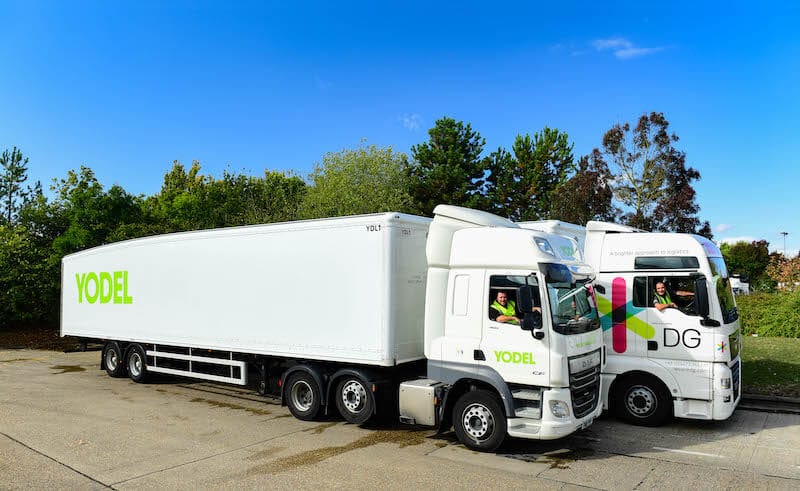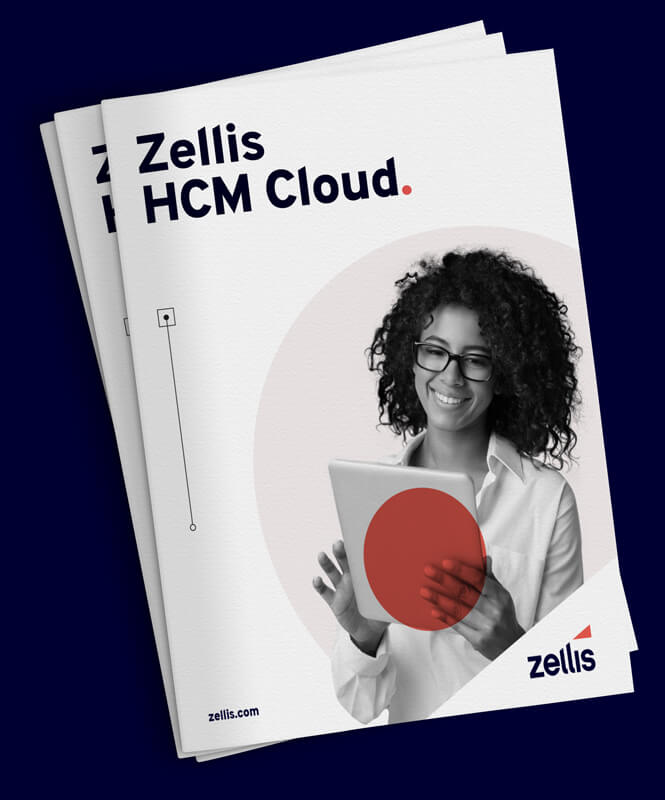It’s fair to say that Tinder has radically changed the world of online dating, providing those on the lookout for love with a speedy way of meeting new people. But could the instantaneous nature of this mobile-based matchmaking app be starting to rub off on the business world too?
The recent launch of an application named Ripple, whose founders do actually have their roots in Tinder, suggests this might be the case. Its intention is to help professionals network and share their business ideas with one another. While LinkedIn has gradually become the go-to platform for many businessfolk to build up their contact list, the new app is now being touted as a fresh alternative.
On-the-go job hunting
While it’s certainly a novel way of networking, the creation of this app also highlights a growing preference for instant, digital-based ways of connecting with fellow professionals. This could in turn have an influence on the way businesses do their recruiting in the future – particularly as individuals are spending more time on their mobiles each day.
In fact, according to a survey by Textlocal, 89% of UK job seekers now see their smartphone as a necessity for job hunting. This isn’t a surprise considering how these devices simplify the search process. With just a few clicks on a screen, you’re able to find and apply for a vacant position.
Benefits for employers
Given the high number of job seekers using their mobiles, apps such as this could serve as an excellent recruitment tool – especially as it automatically pulls in personal details inputted on other social media channels such as Facebook and Twitter. It uses this information to generate a detailed picture of your likes and interests, which can then be shared.
This could also shorten the application process by instantly connecting a company with potential candidates. The long-winded nature of finding suitable candidates, and the costs this typically involves, could be avoided. It could offer an alternative to advertising a vacancy on a job board, and likely prove to be a much more interactive process for both employer and candidate, with the ability to informally chat on an app before interview stage.
It could also play its part in reducing the complexity of the candidate screening process. Much has been said about using AI technology for interviews and shortlisting candidates, and this type of app would allow an employer to introduce more automation in the recruitment process. Candidates they felt would be best suited to the business could be preselected.
Are there drawbacks?
There are a few things employers might want to be wary of before jumping straight into using such technology for recruitment. If the app allows companies to automatically gather information about candidates, then this might bring up issues related to usage of personal data. Particularly after the changes brought about by GDPR this year, employers will want to be conscious about whether potential candidates have agreed for the data to be used in this way.
Additionally, there’s the risk that candidate data might not be entirely accurate. With cases of falsification on CVs a common problem, it’s hard to rule out something similar taking place on an app.
As is often the case with new technology, employers might still want to be cautious with their use of such an app in its nascent stage. However, while its current purpose is for networking, it has the potential to be a really useful tool for recruitment in the future if organisations have the complimentary technology and permission to use the data.















